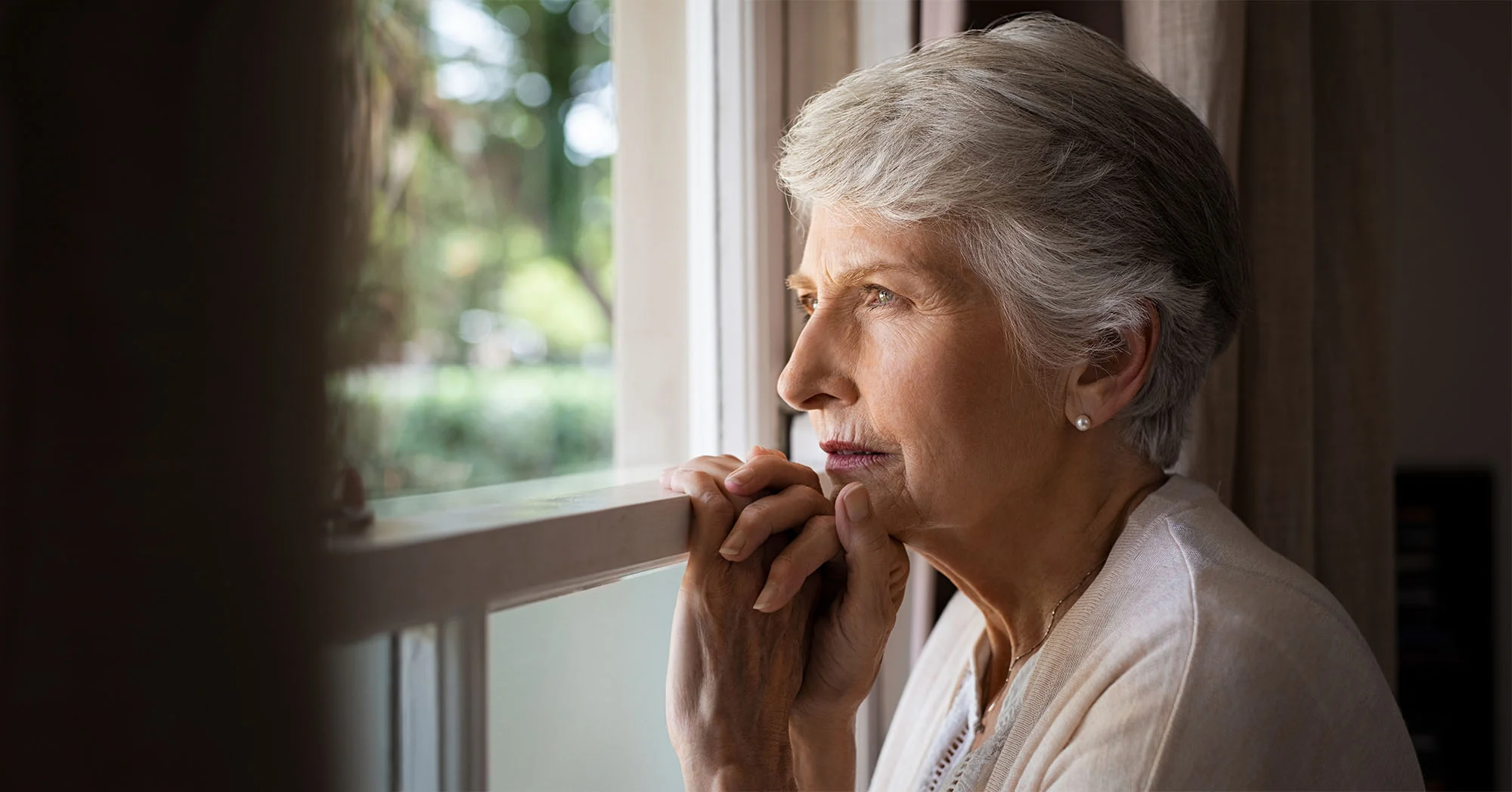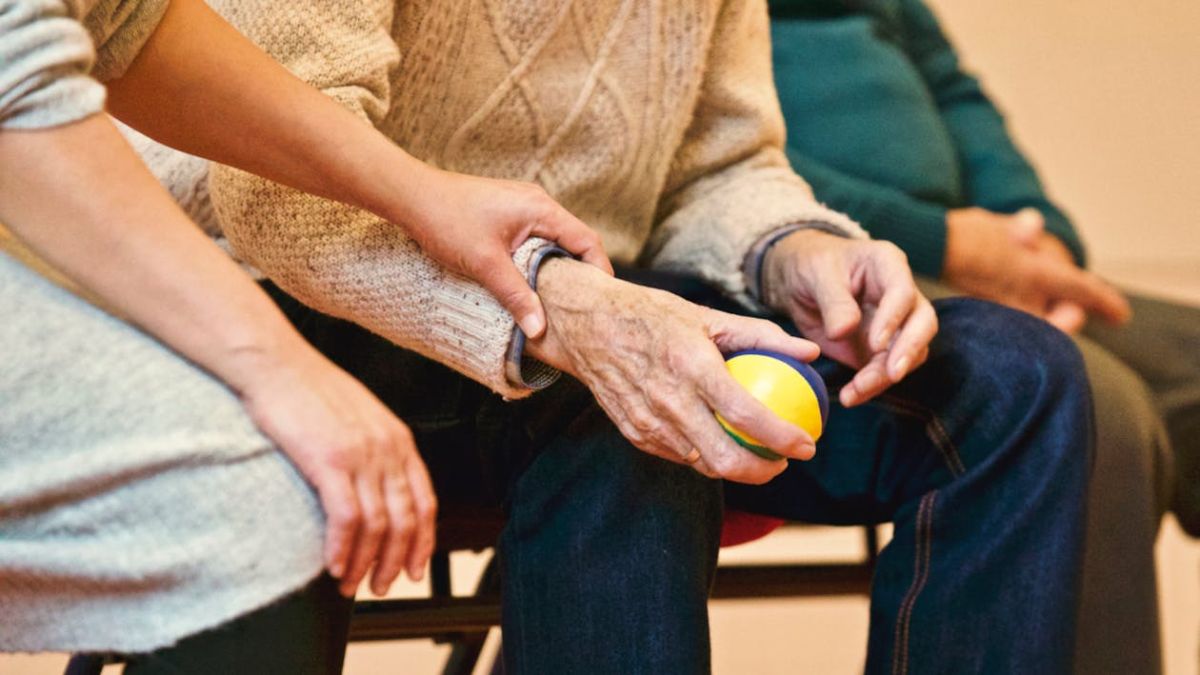As we approach the dog days of summer and the sun begins to beam on full blast, True Care would like to remind our readers of the dangers of skin cancer. While sunshine is essential for your body to process vitamin D, the sun’s ultraviolet (UV) radiation can quickly damage the skin. In fact, according to the Skin Cancer Foundation, 1 in 5 Americans will develop skin cancer by the age of 70. Additionally, more than two people die of skin cancer in the U.S. every hour. Read along to learn more about skin cancer and the main ways to help prevent it.
Skin Cancer & SPF:
Most skin cancers are caused by too much exposure to ultraviolet (UV) rays. UV radiation is classified into three primary types: ultraviolet A (UVA), ultraviolet B (UVB), and ultraviolet C (UVC), based on their wavelengths. UVB is connected to the Sun Protection Factor (SPF) on the labels of sunscreen products. The SPF number tells you the number of minutes that the sun’s radiation (including some of the UVA) would take to burn your skin when using that product compared to the time without sunscreen.
UVB penetrates and damages the outermost layers of your skin. Overexposure causes suntan, sunburn and, in severe cases, blistering. Its intensity fluctuates. UVB rays can damage the skin year-round, especially at high altitudes or on reflective surfaces like snow or ice. UVB rays can be filtered and do not penetrate glass.
Skin Cancer Prevention:
Prime sun hours are between the hours of 10am and 4pm. If the UV index is 3 or higher in your area, protect your skin from too much exposure to the sun. The CDC recommends several ways to protect your skin when the UV index is 3 or higher:
- Stay in the shade.
- Wear clothing that covers your arms and legs. Tightly woven fibers and darker clothing generally provide more protection.
- Wear a hat with a wide brim to shade your face, head, ears, and neck.
- Wear sunglasses that wrap around and block both UVA and UVB rays.
- Use a broad spectrum sunscreen with a sun protection factor (SPF) of 15 or higher, and reapply frequently.
There are many naturally occurring vitamins and minerals that dermatologists recommend including in your diet to help prevent skin cancer. Vitamins C, E and A, zinc, selenium, beta carotene (carotenoids), omega-3 fatty acids, lycopene and polyphenols are among these. You can find them in many everyday nourishing whole foods such as:
- Vitamin C: Citrus fruits, strawberries, raspberries, broccoli, bell peppers, and leafy greens.
- Vitamin D and Omega-3 fatty acids: Fatty fish, like mackerel, sardines, herring, tuna, and salmon.
- Vitamin A: Milk, cheese, eggs, green leafy vegetables (kale, spinach, broccoli), tomatoes, carrots, and sweet potatoes.
If a loved one needs to be outside during a heatwave, make sure activities are limited to early mornings and late afternoons/evenings when the sun’s rays are less intense. Seniors should also always wear sunscreen, hats, and UVA/UVB blocking sunglasses to help reduce potential damage to skin
Skin Checks
An important part of skin cancer prevention and detection is learning to recognize skin changes that may become cancerous and alerting a doctor of any suspicious moles. Some tips for self-skin checks include:
- Perform a thorough skin check regularly, preferably once a month
- Use a brightly lit room in front of a full-length mirror.
- Go over your entire body carefully, noting any new or suspicious-looking moles.
- Use a hand mirror to see difficult spots like the top of the scalp or back of the legs.
- Ask a spouse, close friend, or family member to check hard to see areas.
If any of the descriptions below apply, see a dermatologist for a full-body examination once a year. Skin cancer risk is cumulative. The more risk factors one has, the more sun damage over a lifetime, and the higher their risk. Skin cancer risk factors include:
- Personal history of skin cancer or precancerous skin lesions
- Tendency to freckle or burn easily
- Lots of sun exposure throughout your life
- Many sunburns as a child or adolescent
- Family history of skin cancer (such as melanoma) or conditions that are more likely to develop into skin cancer, such as dysplastic nevus syndrome or numerous atypical moles
- Chronic, non-healing wounds or burn injuries
- Radiation therapy
- Exposure to toxic materials, such as arsenic
- Exposure to certain subtypes of human papilloma virus (HPV). HPV 6,11,16 and 18 have been linked to the development of squamous cell carcinoma, especially in patients with compromised immune systems.
- Organ transplant patients using immunosuppressant drugs have an increased risk of skin cancer
Summing it Up:
Although genetic risk factors contribute to a person’s skin cancer risk, most skin cancers are believed to be caused by a combination of genetic factors and exposure to UV radiation. Protecting oneself from skin cancer starts with protecting yourself from the sun, and conducting regular skin checks to ensure that no concerning changes have taken place. As we approach the end of July, give yourself and a loved one a midsummer skin check. For more information on how to protect loved ones this Summer, contact True Care today!





